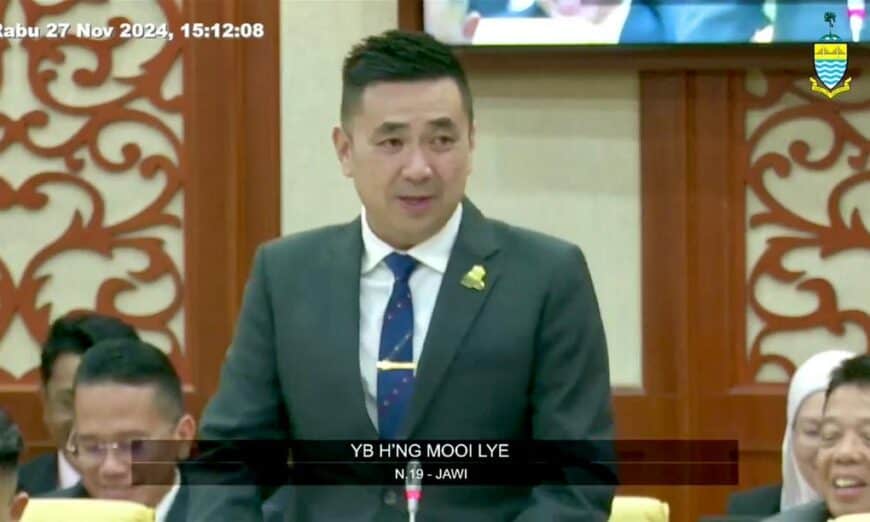THE issue of pigeon-feeding remains prevalent in Penang, prompting the state government to intensify public awareness campaigns about its negative impacts on health and well-being.
During the State Legislative Assembly Sitting, H’ng Mooi Lye (PH – Jawi) outlined the government’s ongoing initiatives to curb the practice and mitigate its effects.
“As part of our proactive measures, we regularly issue notices to individuals feeding pigeons in designated areas across the state.
“In addition, we conduct pigeon-trapping operations four times a week to control their population and have installed signage in key areas to discourage the practice.
“So far, 88 operations have been carried out, resulting in 11 compounds issued to offenders.
“Similar efforts are being undertaken by the Seberang Perai City Council (MBSP) to complement the work of the Penang Island City Council (MBPP),” he added during his winding-up speech.
In a separate discussion, H’ng addressed the contentious issue of foreign workers’ accommodation in Penang.
“Based on the questions raised by representatives, four key issues were highlighted, namely the availability of centralised labour quarters (CLQ) by 2028, objections to the construction of CLQ in Bukit Tengah, the proposed cancellation of CLQ in Teluk Kumbar, and the misuse of shophouses as worker dormitories,” he said.
H’ng reiterated the state government’s commitment to achieving its target of CLQ availability by 2028, viewing it as a comprehensive solution to manage social impacts and reduce crime rates involving foreign nationals.
“The CLQ approach allows for more focused and effective monitoring within a controlled environment managed by the state government or local authorities,” he explained.
To address the misuse of shophouses as worker dormitories, the state government has approved new guidelines for temporary labour quarters (TLQ), effective from January 1, 2024, to December 31, 2027.
“These guidelines specify planning application requirements for TLQs in four key zones, namely strata residential, landed residential, commercial, and industrial areas.
“The directive aims to streamline the approval process for TLQ applications at the local council level,” H’ng noted.
According to data from the Local Government Division and the Penang Labour Department (JTKPP), 18,821 workers currently reside in TLQs on the Island, with 36,513 in Seberang Perai. Meanwhile, 7,668 workers are housed in CLQs on the island, and 10,607 in Seberang Perai.
By Kevin Vimal
Pix by Noor Siti Nabilah Noorazis

